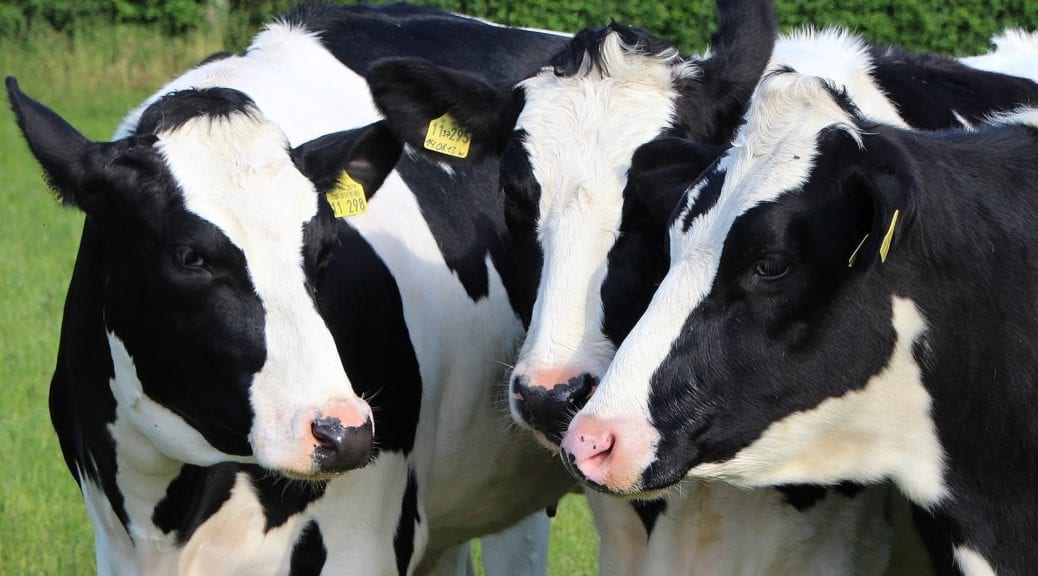
Concern for pet welfare is starting to impact animal agriculture
By Darren Turley
TAD Executive Director
Do you have a dog? I once had a blue heeler that could almost pen the cows by himself. But times are changing on how we view dogs and other pets.
These animals are becoming a huge influence in our life and our rules. More than ever, they are considered a member of the family, not just a pet. This has led to new opinions on how other animals should be treated.
A number of bills at the Texas Capitol this legislative session have centered on animals, particularly dogs. Bills have addressed whether to allow dogs on restaurant patios, if restraints should be limited, and the authority of law enforcement to remove them from a vehicle or a residence.
Why is this important to the dairy industry? As these pet-oriented animal welfare issues develop, we also are seeing the public relate the idea of their pets’ welfare to how they expect livestock and other food-producing animals to be cared for.
For example, horses are now being considered more of a pet than a working animal. This shift has led to the discussion of what to do with aging and ailing animals.
As this animal welfare movement continues, we can anticipate new demands related to how dairy farmers care for their livestock. First, it’s important to note that raising healthy, safe and comfortable cows are vital to dairy farmers and a moral obligation. A cow’s health care, nutrition, comfort and other needs are scrupulously monitored and attended to by the dairy farmer, as the Texas Association of Dairymen describes in detail on our website.
But while we know how “our girls” are treated, the public doesn’t. Few of those who consume milk and dairy products have ever been on a dairy farm. The better we help these consumers understand the care and consideration we have for our animals, the fewer concerns they will have about their welfare.
We are starting to see consumers express these concerns when they make food choices at their grocery stores. For example, world demand for plant-based meat substitutes (“fake meat”) hit an estimated $4.63 billion in 2018 – still small potatoes compared to the global $900 billion market for real meat, but a growing market.
Nationally, the dairy industry is strongly advocating Congress to pass the DAIRY PRIDE Act (“Defending Against Imitations and Replacements of Yogurt, Milk, and Cheese To Promote Regular Intake of Dairy Everyday Act”) to end the mislabeling of non-dairy products (such as those made with almond, soy, etc.) as “milks” in the marketplace. The bill language states, “Plant-based products labeled as milk are misleading to consumers.”
Instead, a food is only milk or a dairy product if that food or the primary ingredient used in that food is “obtained by the complete milking of one or more hooved mammals.”
The bill also pushes the FDA to enforce its own rules regarding labeling requirements for dairy products. Bill text reads, “Given the proliferation of plant-based products in the marketplace that are mislabeled as milk despite the standard of identity defined for this substance, enforcement by the Food and Drug Administration against these practices should be improved to avoid misleading consumers.”
Both the House and Senate versions of the federal Dairy Pride Act are pending in committees and can be viewed here.
This legislative session, a bill was filed to address the packaging of meat and labeling of meat substitutes. Several other states also are considering labeling regulations.
Even as TAD continues to educate legislators and monitor legislation that affects our industry, there will always be new issues and new lawmakers to address. This has been a good legislative session for the dairy industry, but we are already making plans for the interim, such as taking lawmakers on tours of dairy farmers, to help them better understand our industry.